Mark Padmore leads an unforgettable “Billy Budd” from Glyndebourne at BAM
A figure slowly materializes out of the murky depths of the stage—a single spot gradually and softly illuminates a head, a face, a torso, all floating in space like a ghost: it is Captain Edward Fairfax Vere, lost in memories of his former ship Indomitable in the year 1797 and of Billy Budd.
That is the breathtaking opening moment of the Glyndebourne Opera Festival’s extraordinarily powerful production of Benjamin Britten’s Billy Budd, which opened at the BAM Howard Gilman Opera House Friday night.
Slowly, the lights lift a bit to reveal a stage set by Christopher Oram that focuses on a central point around which the action revolves, a point of intensity and implosion. In this 2010 Glyndebourne production (revived in 2013) of Britten’s two-act revision, the floor is concave and surrounded by a two-tiered horseshoe. The split set serves, in Michael Grandage’s excellent direction, as both the above and below decks of the ship, Vere’s cabin and the chambers of his own mind. There is only one scene in the opera fully illuminated by Paule Constable’s subtle and concise lighting.
The main staging element is chiaroscuro; the set is filled with nooks and niches for guns, hammocks and hiding. The main characters are constantly emerging from the crowd, materializing out of dark spaces, as the aged Vere does with stunning effect during the execution scene.
Mark Padmore delivers the performance of a lifetime as Captain Vere. In Britten’s opera, Vere is the core of the drama. The staged story in the libretto from E.M. Forster and Eric Crozier is implicitly Vere’s recollections and his search for understanding and reconciliation. He needs to understand how he allowed the young sailor’s death to take place.
For Vere loved Billy, as did all the officers and men save for master-at-arms John Claggart (bass Brindley Sherratt, who sings and acts with malevolent command and an apt edge). Billy is a young man who exists in some hazy territory between Christ-like goodness and radiant, ephebic sexuality.
Jacques Imbrailo is Billy. He has a light baritone voice and a natural vitality; there’s something about the way he stands that expresses eager energy. His Billy is something new, not an object of erotic desire or a martyr, the attraction for the character comes from his utter lack of disillusionment with life, existential in the most positive sense. The men of the Indomitable are drawn to his inherent desire to be and to act. The opera is all men, men in a crowd, pushed together in close quarters.
Musically, this is Britten’s greatest operatic composition. It is more complex, subtle and sophisticated than his other masterpiece, Peter Grimes. He manages to write memorable, individual music for a myriad of secondary and tertiary characters and spins dramatic narrative with concentrated means: a saxophone solo laments a sailor who has been whipped in punishment, and later laments Claggart’s egocentric, atavistic need to crowd out Billy’s goodness with his own misanthropy.
At the core of the music drama are the extraordinary choruses, which are brief and yet visceral. As the ship prepares for sailing, and the press-ganged Billy is brought aboard, the action is interrupted with the crew singing “O heave! O heave away, heave!” and one hears the lapping of the waves and the tragedy to come.
The musical center of Billy Budd is the great chorus at the start of the second act, when the Indomitable, after weeks of waiting and boredom, is about to join action against a French frigate. The mist lifts, the sun rises (the lights are full for the only time in this production), the Union Jack unfurls at the stern and the men, in full voice, sing “This is our moment, the moment we’ve been waiting for!”
The cast and musicians (the London Philharmonic Orchestra led with sympathetic mastery by Sir Mark Elder) build this to a point of such exhilaration that the audience feels the palpable, bitter frustration of the crew when the ship is unable to close range, and the mists of the ocean and memory enshroud the action once again.
From this point all the music that follows can be heard as a set of variations from this chorus. Claggart engineers to frame Billy as a mutineer, Billy, stammering and inarticulate, answers the accusation by striking and killing him, with Vere as witness. Duty and law mean that there can be only one resolution: Billy is hung from the yardarm, his shipmates straining against the rope in an intensely grotesque tableau.
The cast is deep, consistently fine, with baritone Stephan Gadd, bass-baritone David Soar and tenor Peter Gijsbertsen particularly notable as Mr. Redburn, Mr. Flint, and the Novice, respectively. Richard Mosley-Evans, bass, is the Bosun, bass-baritone Darren Jeffery is Lt. Ratcliffe, and the crew are led by baritone John Moore as Donald, bass Jeremy White as Dansker, baritone Brendan Collins as Arthur Jones and tenors Jeffrey Lloyd-Roberts, Daniel Norman and Duncan Rock as Maintop, Red Whiskers and the Novice’s Friend.
Padmore is the lead among equals. He can be an uneven lieder singer, his intense manner overwhelming the effect of his beautiful voice. But on stage, in costume and in motion, he is the ideal of an acting singer, the musical and dramatic fused together. At the close, as he sings “We committed his body to the deep” over the same gossamer music that begins the opera, he haunts his own memories, unforgettably.
Billy Budd continues through February 13 at BAM. bam.org
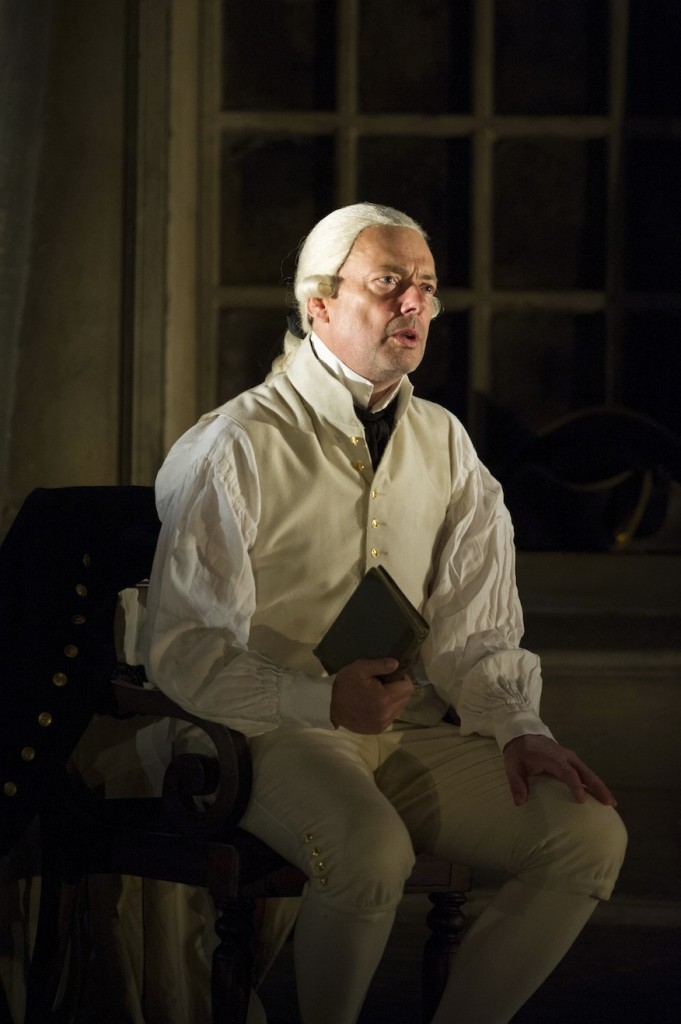
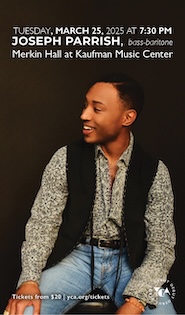
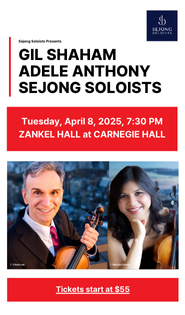
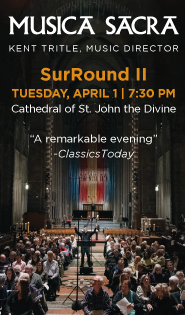
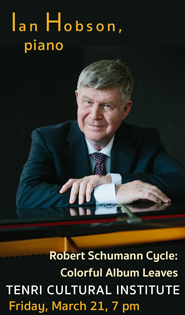
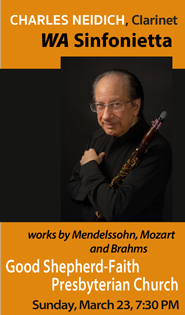
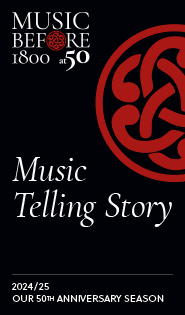
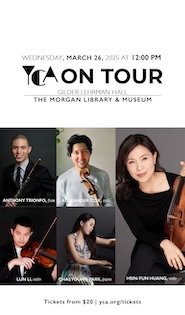
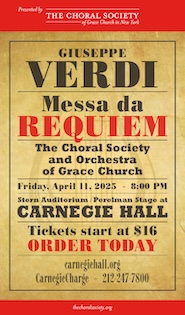
Posted Feb 08, 2014 at 7:45 pm by TJ Parker
Amen. A briliant production.
Posted Feb 09, 2014 at 4:56 pm by elaine taylor
A lovely review of an absolutely stunning production. I saw it at Glyndebourne UK first.